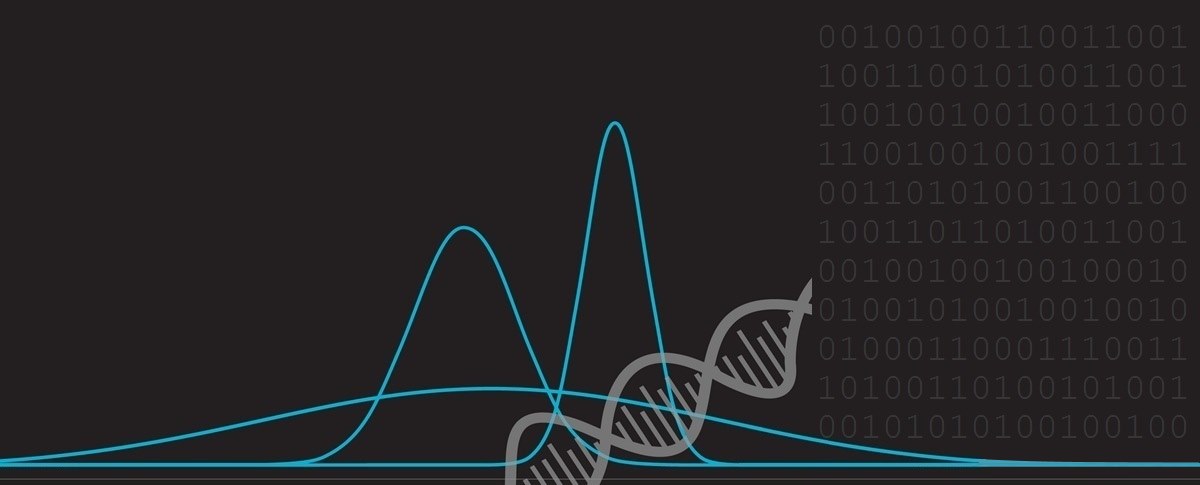Can you lose weight by drinking water?

|
Can you lose weight by drinking iced water? The other day, a colleague mentioned that an easy way for someone to lose weight was to drink glasses of iced water. It sounded too good to be true, does it really work? Can you really lose weight this way? There was science involved in the explanation. Iced water is cold. Your body is warm. When you drink a glass of cold water, your body has to warm the water up to its temperature. If you drink cold water, your body needs to heat the water more than if the water were at room temperature. This requires extra energy. So yes, drinking cold water does require your body to burn more energy (assuming your body temperature does not change). But how much more? Since you have to drink water anyway to live, why not drink this water cold and burn more energy? The question is, how much more extra energy does this burn? |
Specific Heat Capacity
|
The energy required to raise a defined quantity of a liquid by one degree is called the specific heat capacity of that fluid. (Temperature really is just measure of the average kinetic energy of the molecules in a substance; the higher the temperature, the more energetic the molecules are). |
 |
 |
Water has a very high specific heat capacity (one of the highest know, save for liquid Ammonia) on account of the Hydrogen bonds keeping the molecules engrossed with each other. The fact that it has such a high specific heat capacity acts in our favour: It takes more energy to heat a water molecule one degree than any other liquid you would care to drink (almost twice as much energy than pure alcohol!) So far so good … |
|
It takes one calorie to raise one gram of water by one degree (Approximately). I don’t want to get bogged down in details, but specific heat capacities also change with temperature. Switching units slightly, at 0°C the specific heat capacity of pure water is 4,217.6 JKg-1K-1, this falls to 4,181.8 JKg-1K-1 at 20°C and 4,178.5 JKg-1K-1 at 40°C (which is close to body temperature). Thankfully over the range of temperatures we are talking about, the differences are small. |
 |
‘Calorie’ or ‘calorie’
|
Hold on though, there’s another (amazingly confusing) thing we now have to mention. There are two definitions for the term ‘calorie’. The one we described above (typically spelled with a lowercase ‘c’) is the energy required, per gram of water, to raise it by one degree. The other, which is the one we see on the nutritional labels of food products (typically spelled with an uppercase ‘C’ in an attempt to differentiate), is the energy required per Kilogram. There are 1,000 calories in 1 Calorie. When you chug that can of soda that says 180 Calories on the label, you are consuming 180,000 calories of energy!
|
 |
A tall glass of water
|
Let's say you are going to drink a pint of delicious ice-cold water. This is near enough to 450 grams of water. The water you drink will be close to 0°C, and though body temperature is 36.9°C it's not truly fair to say the temp difference is 36.9°C because if you did not drink the water at 0°C you would have drunk it at the temperature if comes out of the tap, say 20°C (you need water to live). So, with a temperature difference of 20°C and 450 grams of water to heat, the additional energy required is about 9,000 calories. This is 9 Calories. This is same amount of energy in a single potato chip! |
 |
2,000 daily Calories

|
In the grand scheme of things, and a 2,000 Calorie recommended daily intake, whilst measurable at 9 Calories, this does not make a huge dent. If we wanted to be a little more generous and say that you drank the pint of water in addition to all your regular intake of water we could double this to 18 Calories (reflecting that we're heating the water up for 0°C all the way to 36.9°C). We could even go further and say that maybe you'd drink another two additional pints of cold water over the course of the day that you would not normally drink. This gets us close to 50 Calories of additional energy needed each day. Not a huge amount, certainly not something to build a diet plan around, but every little helps. |
Conclusion
Yes, drinking ice cold water does require your body to burn more energy than room temperature water. If you just drank your regular intake of water, but chilled, you might gain the advantage of a couple of potato chips a day (the equivalent of a flight of stairs or two). However, if you consumed quite a few additional large glasses of iced water each day it can make a (very small) addition to your diet regimen.
You can find a complete list of all the articles here. Click here to receive email alerts on new articles.
Click here to receive email alerts on new articles.


